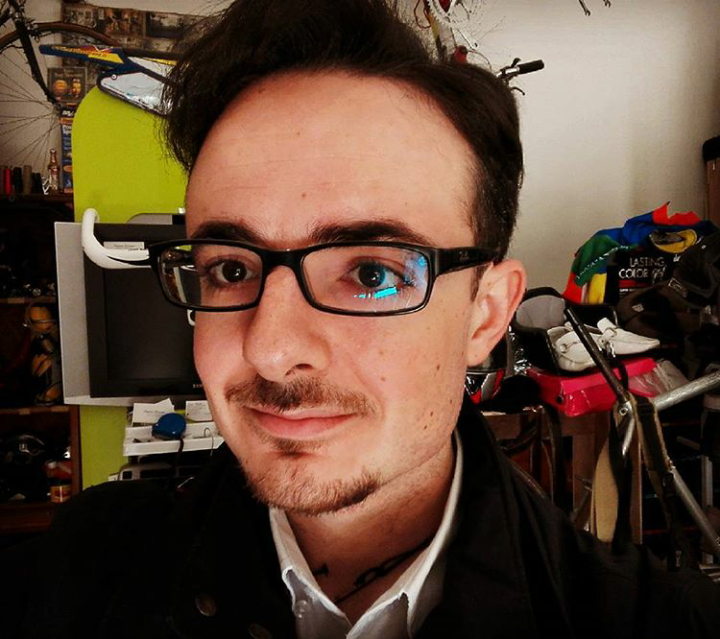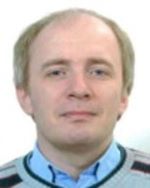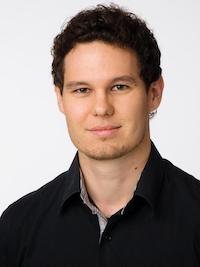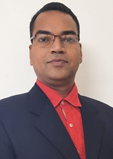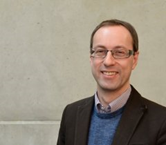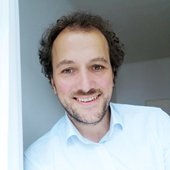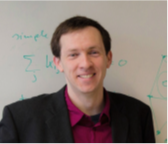Tuesday, March 14, 2023 | 02:00 pm (CET) | Room: HS 8 | | Alpen-Adria-Universität Klagenfurt
Dr. Vincenzo De Maio | Vienna University of Technology
Abstract: In recent years, we have experienced an exponential growth in the amount of data generated by IoT devices. Data have to be processed strict low latency constraints, that cannot be addressed by conventional computing paradigm and architectures. On top of this, if we consider that we recently hit the limit codified by the Moore’s law, satisfying low-latency requirements of modern applications will become even more challenging in the future. In this talk, we discuss challenges and possibilities of heterogeneous distributed systems in the Post-Moore era.
Bio: Dr. Vincenzo De Maio has a Ph.D. in Computer science by the Institute of Computer Science at the University of Innsbruck, (Austria). He received his Ph.D in November 2016 under the supervision of Univ. Prof. Dr. Radu Prodan and Dr. Gabor Kecskemeti.
Since 2017 he is working as a postdoctoral researcher at the Institute of Information Systems Engineering of the Vienna University of Technology, whose leader is Univ. Prof. Dr. Ivona Brandic. He has been author of different conference and journal publications on the topic of energy efficiency and modelling for Cloud and Edge computing. His research in the area of parallel and distributed systems includes energy-aware Cloud/Edge computing and Post-Moore computing.
Since 2023, he also collaborates with the Department of Experimental Physics of the University of Innsbruck and Dr. Thomas Monz as CO-PI of the HPQC FFG Leitprojekt Project, whose goal is the integration of quantum hardware in HPC systems.

